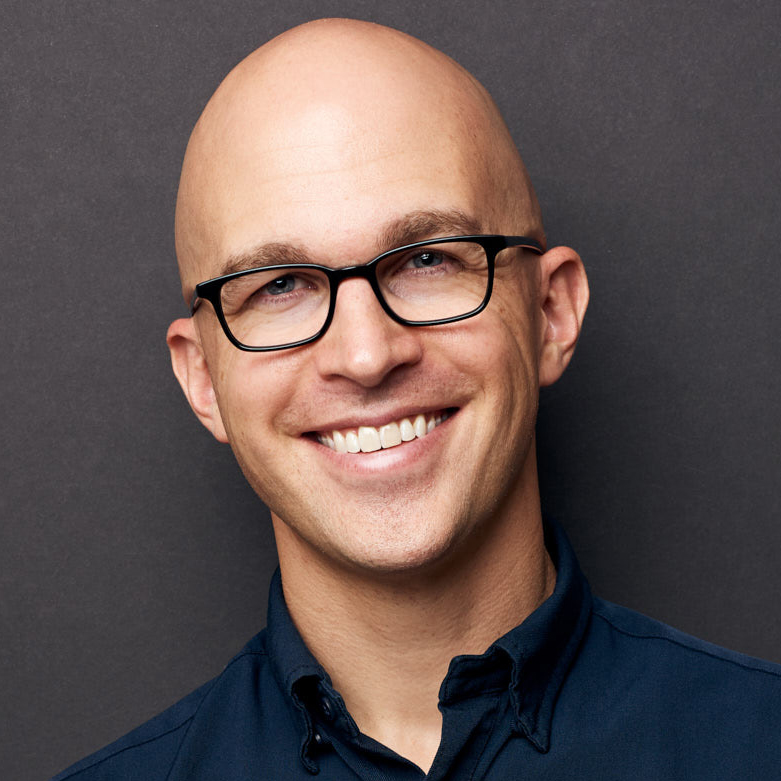How to NOT Re-Think the MBA
I know when I talk about the ineffectiveness of MBA programs here, I’m largely preaching to the choir. However, I found it difficult to ignore a recent interview with Dr. David Garvin, a Harvard Business School professor, because of the sheer amount of plainly-visible psychological denial it contains, so watching it is a good (but somewhat painful) learning experience. (I haven’t read Dr. Garvin’s book yet - it’ll be here in a few days - but I’ll be pleasantly surprised if it’s different.)
To watch the video, click here - I’ll wait.
This interview reminds me of three great quotes:
“It is difficult to get a man to understand something when his salary depends upon his not understanding it."
Upton Sinclair
“To the man who only has a hammer, everything he encounters begins to look like a nail."
Abraham Maslow
“You never change things by fighting the existing reality. To change something, build a new model that makes the existing model obsolete."
Buckminster Fuller
Notice how Dr. Garvin dodges several straightforward questions about the effectiveness of MBA programs during the interview? There’s a reason: comprehensive research has been done about the effectiveness of MBA programs over the past several decades, and it isn’t pretty: The End of Business Schools? Less Success Than Meets the Eye.
I don’t know if it’s denial or obfuscation, but a world-class researcher who’s spent years studying this topic must know the numbers, right? It’s far safer to talk about “being better corporate citizens" and the “public / private divide."
Here’s the TLDR summary of the research: getting an MBA essentially buys you a $150,000+ interview with a large consulting firm or investment bank, since it’s used as an HR screening criteria. (And as this recent article indicates, entry-level MBA positions are usually soul-sucking and often quite scammy.) For all other purposes, it’s a waste of time and money with a massive opportunity cost - there is absolutely no difference regarding long-term compensation, hiring, promotion, or job satisfaction between MBA-holders and business professionals that don’t have a degree. None.
Truly re-thinking the MBA means questioning whether or not it’s necessary at all. Based on all available evidence (and there seems to be a quite a bit of effectiveness research that colleges are deliberately withholding ), MBA programs are not necessary at all - you can learn what you need to know to start, run, and manage a business effectively by yourself or far less expensive help from subject-matter experts , in less time, without debt.
I would LOVE if business schools actually changed the way they operate, but I’m not holding my breath for Harvard or any other business school to “re-think" their approach to business education. The model is broken, both in terms of content and cost - every business professor should know that the ROI of any investment goes down as the cost goes up, right?
I’ll believe Harvard is “re-thinking" the MBA when they start (1) treating business and management / leadership as separate skills , (2) teaching a clear, general framework for building sustainable businesses and (3) giving refunds to anyone who doesn’t get at least 10x the value they invested in the program in incremental compensation within a few years of graduation. Real businesses unconditionally guarantee their products and services - if business schools actually provide a valuable service to their students, they should do the same.
Personally, I’m betting my marbles on making the existing model obsolete. What about you?
